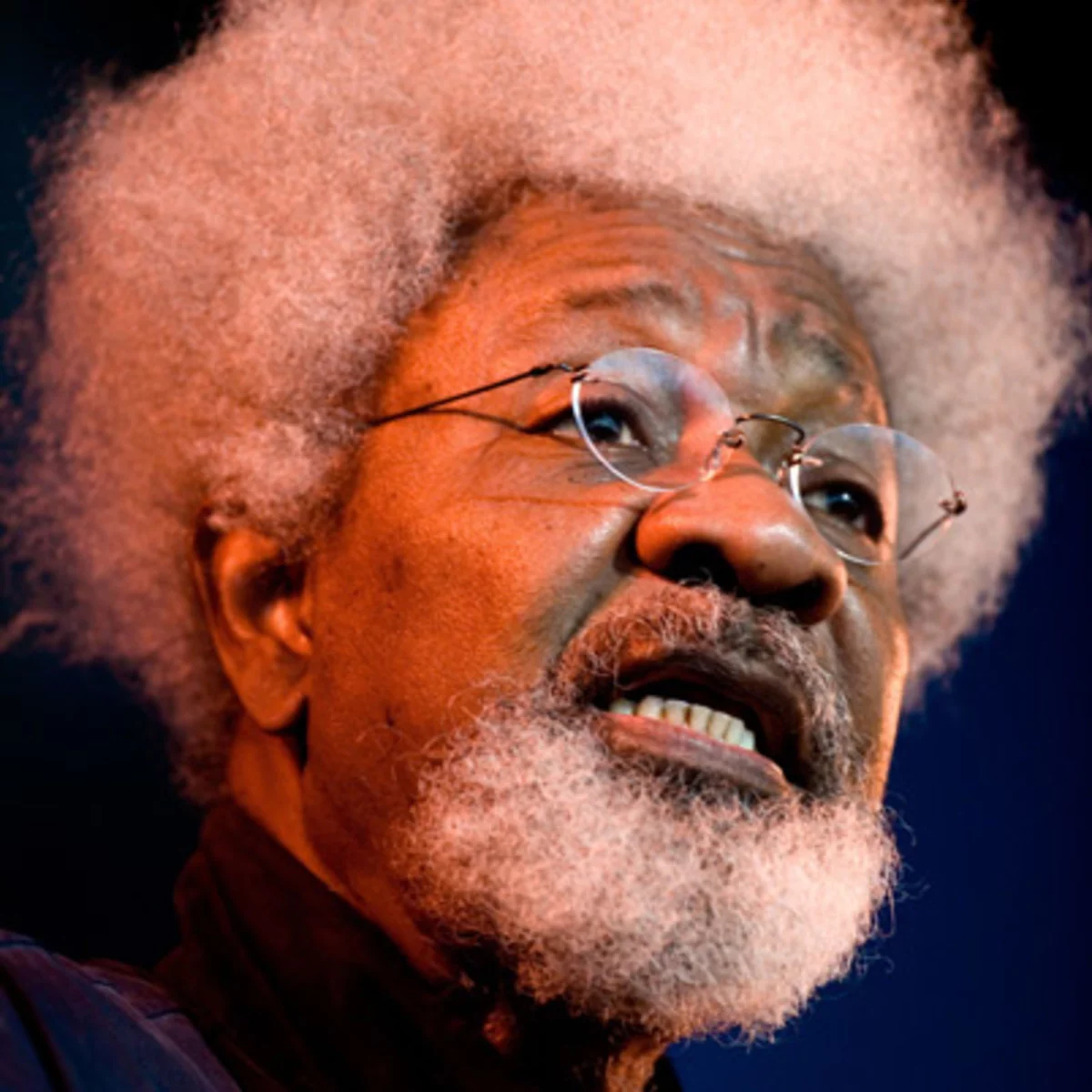Nobel laureate Professor Wole Soyinka has emphasized the critical importance of promoting Nigeria's indigenous languages and cultural heritage as essential components for driving national development.
Speaking during an interactive session with journalists on Monday following his visit to the Centre for Cultural Studies and Creative Arts at the University of Ilorin, Soyinka highlighted that language serves as a repository of a people's identity and community values.
"In the last head count, it was discovered that there were 300 languages in Nigeria. We need to learn foreign languages that are spoken and recognised around the world to develop ourselves and the country, but this should not be to the detriment of our local languages," Soyinka stated.
The literary icon's visit was part of activities leading to the institution's maiden Cultural Week. He urged that young Nigerians should be encouraged to understand and appreciate the languages of their forefathers, describing language as "a beautiful tool for expression."
Soyinka further advocated for a more proactive approach to indigenous language development, saying: "We need to learn to read, write and invent in our local languages, even before we think or compose in other languages, to be able to conduct research and develop our country."
The Nobel laureate maintained that there is a need to transform traditional ways of living to modern approaches while preserving cultural values. He called for making local languages compulsory in schools and emphasized the importance of Nigerians knowing their history and culture to foster pride in their heritage.
This intervention comes at a time when concerns about the extinction of indigenous Nigerian languages continue to grow among cultural activists and linguists, with UNESCO previously warning that several Nigerian languages are endangered.













